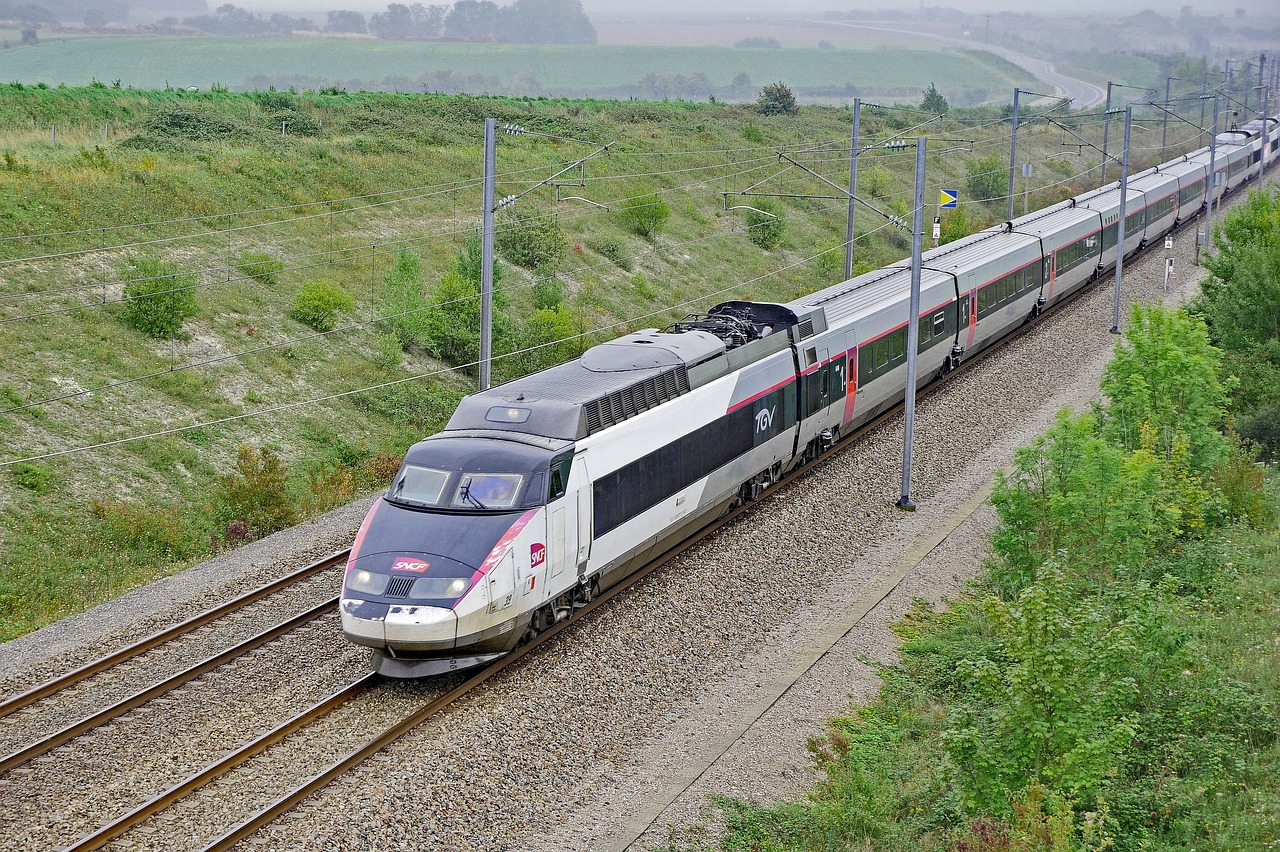The regional railway project enters its operational phase thanks to a joint investment by the State and local authorities.
On this Friday, December 20, 2024, the Steering Committee of the New Provence Côte d’Azur Line (LNPCA) met under the joint presidency of the prefect of the Provence-Alpes-Côte d’Azur region, Christophe Mirmand, and the president of the Region, Renaud Muselier. This meeting marked a decisive step for this large-scale project. The State and local authorities have approved an investment of 1.2 billion euros to carry out phase 1 of the line.
These funds, equally distributed, will allow the commencement of work starting in 2025. Several multimodal exchange hubs (PEM) will be established, notably at Nice-Airport, Toulon, and Marseille. These modern infrastructures will improve the fluidity of daily travel in the region.
Nice-Airport, a strategic gateway
In the Alpes-Maritimes, the future Nice-Airport station is one of the project’s main pillars. This exchange hub will combine trains, trams, buses, and direct access to the airport. With four railway tracks on the platform, it will accommodate TER and TGV. The planned schedule is ambitious, with six TER per hour and per direction.
This station, scheduled for 2030, will play a key role during the Winter Olympic Games. The building permit is currently under review.
Phase 1 of the LNPCA project covers various operations. In the Var region, railway infrastructure improvements will include notably the Toulon shuttle and the redevelopment of several stations. In the Bouches-du-Rhône, Marseille will benefit from upgrades to enhance train regularity and prepare for the construction of an underground station at Saint-Charles.
According to prefect Christophe Mirmand, this commitment marks a major advance: “From now on, the challenge will be to stick to the work schedule and respect the financial envelope.”
Renaud Muselier praised the collective investment: “After years of perseverance and commitment, we will be able to ease the congestion in our stations and improve our daily journeys.”
With this funding, the Provence-Alpes-Côte d’Azur Region aims to prepare more fluid and sustainable mobility for its residents.


